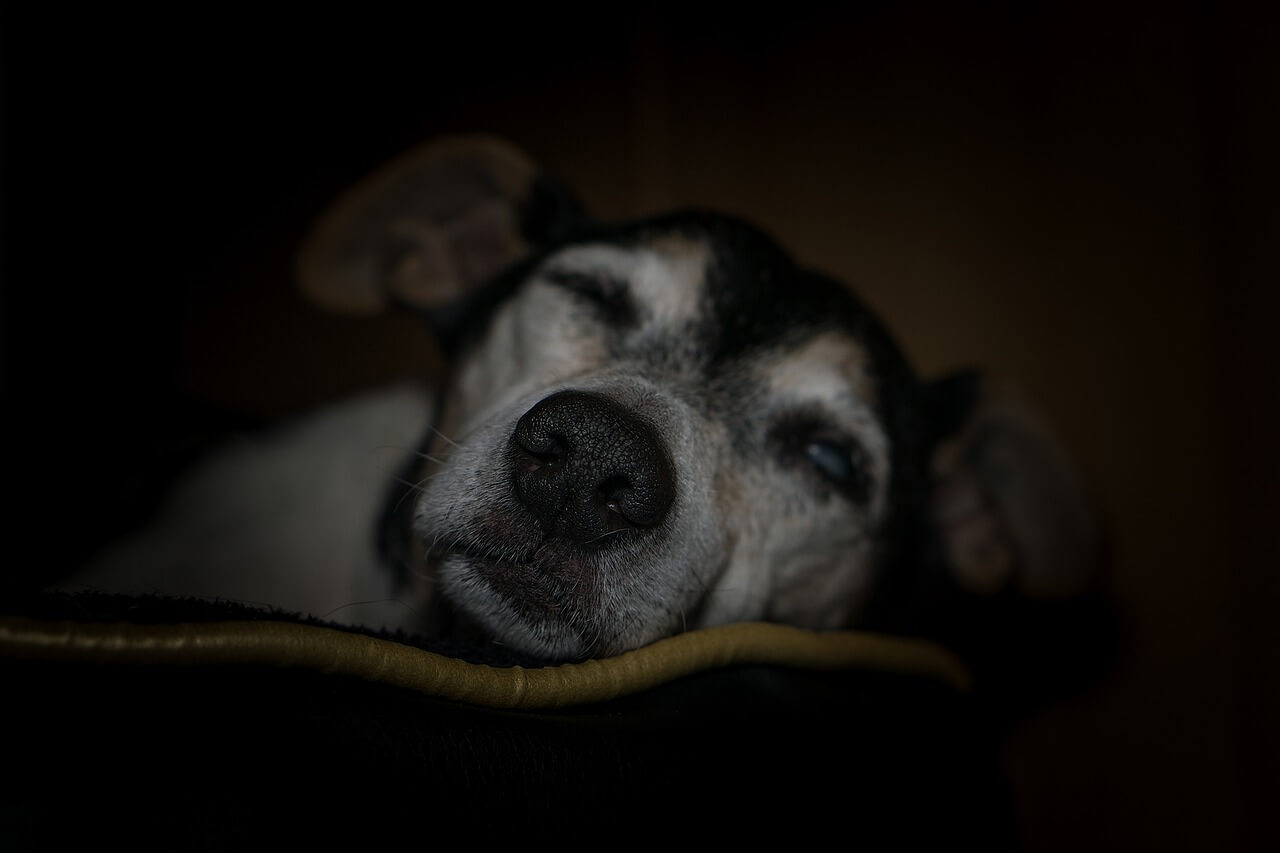It can be very difficult to believe that the puppy you had brought home a few years ago is no longer young and frisky as before. Sooner or later, even if your pet dog is in good health, you will observe that it requires quite a bit of effort for your dog to walk or that he is panting more after a walk and may even be struggling to climb on the sofa. When you notice signs like these, you need to appreciate that like you make adjustments for members of the family who are old; you too need to make some changes in the lifestyle of an aged dog.
Just When Does Your Dog Become Old?
When a dog is regarded as being old really depends on what breed it is because it can vary a lot. Smaller dogs remain very sprightly until the age of 10 or 12, whereas bigger dogs like Great Danes can show signs of aging in just half the number of years. Apart from breed and size, other factors that can affect the life expectancy of a dog are diet, genetics, and the environment.
Just as modern medicine and science have given us awareness of how to extend the lives of human beings, the lives of dogs too can be extended with the appropriate mix of thoughtfulness and preventive care. If you desire your aged dog to have a happy and long life, here are some useful tips that you can introduce into your care routine:
Pay Attention to Your Dog’s Teeth
This may come as a surprise but just like for human beings dental care is vital during the growing up years and during old age of your dog. To prevent the incidence of dental diseases as well as decay that can be really painful, you should ensure that you regularly brush your dog’s teeth and also have them professionally cleaned too according to a regular schedule. Also, keep in mind that among the many benefits of keeping teeth clean is that your dog will be able to avoid problems in chewing. If your dog, like many other dogs, does not really enjoy his teeth being brushed, it can be a good idea to give him toys or other dental treats to chew.
Take Care of the Diet
When a dog grows older you need to keep a more strict vigil over the diet as there could be a number of food issues that older dogs tend to have such as obesity, loss of appetite, difficulty in digestion, and problems in chewing food. You should take the advice of your Dog Trainer regarding adjustments in the diet as well as an appropriate exercise plan that is best suited to your senior dog. You may be advised to add more fiber-rich foods so that the process of digestion is aided or even reducing the amount of carbohydrates to decrease obesity and maintain the weight that is optimal. To alleviate joint stiffness and pain, you could consider the addition of food supplements such as glucosamine or fish oil.
Work Out a Proper Exercise Plan
Just because your dog has grown old and experiences difficulty or pain while moving about, there’s no reason to think that your dog does not need exercise anymore. Instead of the more vigorous exercise schedule that you had probably employed earlier, you should now adopt a regimen that is easier on them. Walk should now be shorter and gentler so that you dog can maintain its breathing rate and not have to pant to just keep up. Do not let your dog become bored so give them toys that they love to play with such as food puzzles that can work to keep their brains sharp.
Be More Vigilant
Now that you know that your dog is aged, you should keep a closer eye on his health for any symptoms that might indicate underlying problems. Schedule visits to the vet at least once in six months, and have all the suggested tests conducted as early detection can help curbing ailments before they create complications. If your dog has problems in moving then put in a ramp that helps them to negotiate stairs better or get into your car more easily. If they have problems in sight then keeping food and water in more accessible place could be a big help. Heated beds and non-slip surfaces in their proximity are other things that can make the life of your pet dog far easier.
